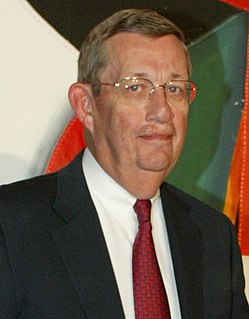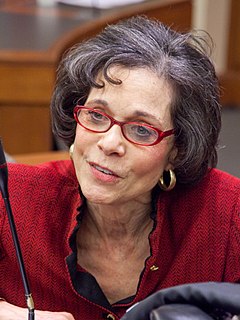A Quote by Chinua Achebe
The rural areas have been deprived by the cities in the past. Development resources and energy should be directed where the people live.
Quote Topics
Related Quotes
I think what is true is that there's been an underlying division in the United States. Some of it has to do with the fact that economic growth and recovery tends to be stronger in the cities and in urban areas. In some rural areas, particularly those that were reliant on manufacturing, there has been weaker growth, stagnation, people feeling as if their children won't do as well as they will.
Some foreign investors accuse us of being unfair to shareholders by using our resources for community development. Yes, this is money that could have made for dividend payouts, but it also is money that's uplifting and improving the quality of life of people in the rural areas where we operate and work. We owe them that.
The level of dependence on government among rural populations is actually extraordinary. They suffer even more when that assistance is taken away because they don't have access to the economic dynamism of cities. So if there are ways to tell stories that help people in rural areas see their kind of mutual need for care, that to me is the kind of thing that I want HuffPost to try and do.
Because of rampant inflation, living standards have been dropping for the great majority of the population. The people are poorer because standards of health and education have fallen. And conditions in the rural areas are worse off than they have ever been. So, you cannot equate the so-called open-market economy adopted by the SLORC with any real development that benefits people.
I think we have not done a good job of explaining to people in rural America what is actually happening, number one. And, number two, we're not expressing appreciation and acknowledging the contribution that rural America makes. Where does your food come from? Where does the water come from? Where does the energy feedstock come from? It all comes from rural areas. Where does your military come from? Nearly 35 to 40 percent of the military is from 15 percent of America's population living in rural America. It makes a tremendous contribution to this country. It just isn't recognized.
The Iranian issue I don't think has much to do with nuclear weapons frankly. Nobody is saying Iran should have nuclear weapons nor should anybody else. But the point in the Middle East, as distinct from North Korea, is that this is center of the world's energy resources. Originally the British and secondarily the French had dominated it, but after the Second World War, it's been a U.S. preserve. That's been an axiom of U.S. foreign policy, that it must control Middle East energy resources.






































